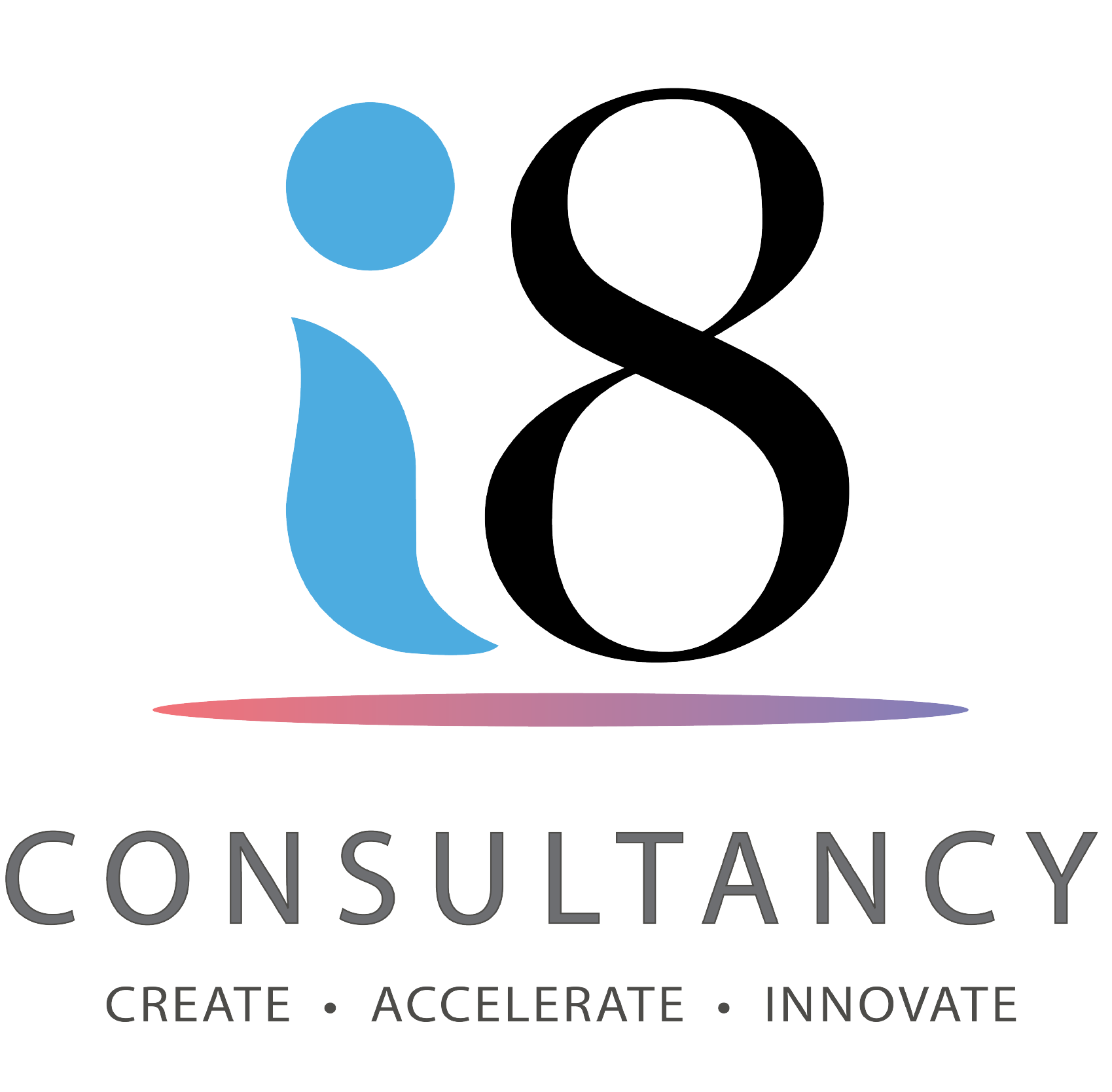CORPORATE STRATEGY & BUSINESS PLAINING
An effective strategy has to take in to account the specific characteristics of the external market environment as well as the client’s own internal capabilities. It also to be robust and achievable, not just ‘blue sky thinking’.
Why use i8 Consultancy
Clients come to us for corporate strategy and business planning support when they are considering:
-Clarifying, formalising or changing strategic direction
-Diversifying into new products, services or customer segments
-Addressing unsatisfactory growth or profitability
-Professionalising business planning processes
-Raising finance for a new venture
Businesses entering a new market or developing a new product or service must consider a wide range of complex factors.
- A combination of economic factors need to be analyzed before the launch of a new business venture. Competitors and customers, sources of revenue and the likely position of the competition authorities are just some of the most prominent
- Addressing a new market means building an understanding of the many different strands that influence the relative strength and weaknesses of an economy. Macro-economic considerations need to be taken into account alongside specific and detailed analysis of the potential market for a particular product.
- Building the models to support a new business strategy draws on a range of complementary skills and advanced knowledge econometric models and quantitative analyses need to be constructed alongside specific and in-depth industry knowledge if they are to provide market insight.
- i8 Consultancy’s services to support business planning combine advanced technical resources with commercial awareness based on in-depth direct experience of specific industry sectors. Our specialists, whilst offering leading-edge economic skills.


6 Types of Business Plans
1
Start-Up Business Plans
New businesses should detail the steps to start the new enterprise with a start-up business plan.
2
Internal Business Plans
Internal business plans target a specific audience within the business, for example, the marketing team who needs to evaluate a proposed project.
3
Strategic Business Plans
A strategic business plan provides a high-level view of a company's goals and how it will achieve them, laying out a foundational plan for the entire company.
4
Feasibility Business Plans
A feasibility business plan answers two primary questions about a proposed business venture: who, if anyone, will purchase the service or product a company wants to sell, and if the venture can turn a profit.
5
Operations Business Plans
Operations plans are internal plans that consist of elements related to company operations.
6
Growth Business Plans
Growth plans or expansion plans are in-depth descriptions of proposed growth and are written for internal or external purposes.
